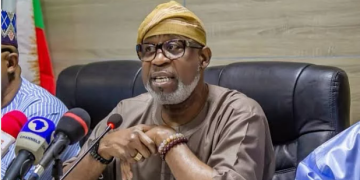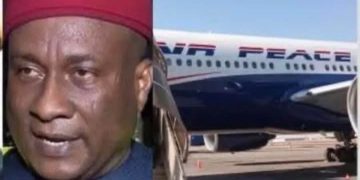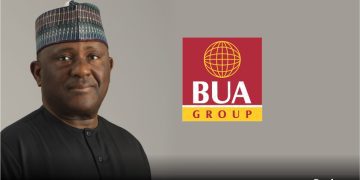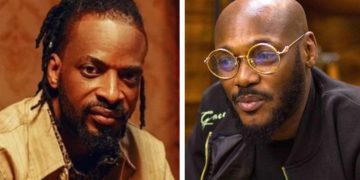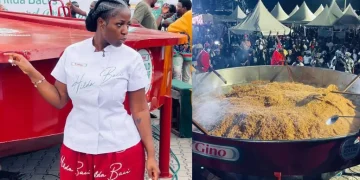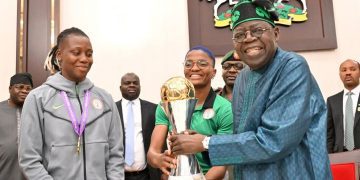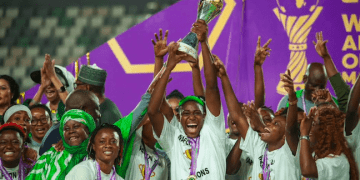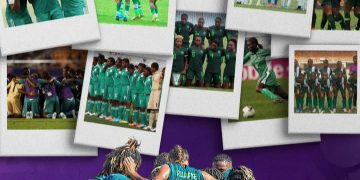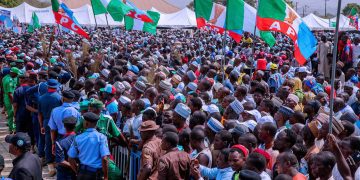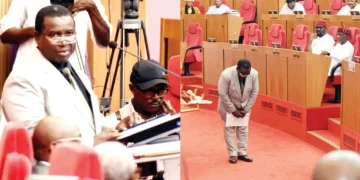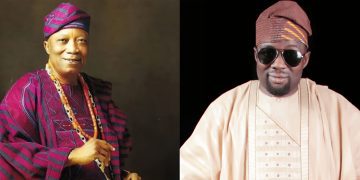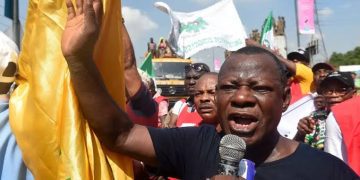Until the Southeast learns to convert emotion into structure, agitation into participation, and rhetoric into coalition-building, it will continue to mistake self-inflicted isolation for national exclusion
By Chioma Amaryllis Ahaghotu
The issue of political marginalization in Nigeria often resurfaces in conversations about the Southeast. Yet, beyond the presidency, it becomes increasingly difficult to prove in concrete terms.
Every state in the Southeast is governed by Igbo people.
Every constituency in the region is represented by Igbo lawmakers, both at the state and federal levels.
From senators to members of the House of Representatives, from local government chairmen to councillors, the Southeast controls its own political structure.
Even at the state level, the power to appoint commissioners, special advisers, senior assistants, and board members rests solely with Igbo governors.
These appointments are made internally, by Igbo leaders, for Igbo people.
If there’s poor representation, mismanagement, or exclusion within the system, it’s not the handiwork of any other ethnic group; it’s the result of internal politics, favoritism, and poor governance within the Southeast itself.
Now, let’s talk about federal appointments.
The claim that the Southeast is completely excluded from national representation does not hold up under scrutiny. Across successive administrations, Obasanjo, Yar’Adua, Jonathan, Buhari, and now Tinubu, Igbo technocrats, politicians, and bureaucrats have held key federal positions: ministers, ambassadors, heads of agencies, service chiefs, and permanent secretaries.
From Ngozi Okonjo-Iweala to Pius Anyim, Oby Ezekwesili, and Charles Soludo, the region has produced some of Nigeria’s most influential voices in governance and policy.
The issue, therefore, isn’t a total absence of representation, it’s that the appointments rarely align with the political ambitions or emotional expectations of the Southeast.
Our political potential will remain a dream deferred, not simply because Nigeria conspired against the Igbo, but because the Igbo have yet to learn how to conspire with themselves
Even the historical argument about the “forced amalgamation” of 1914, often cited by IPOB, loses moral weight when one considers that Nigeria’s independence in 1960 was a joint effort. Nnamdi Azikiwe and Michael Okpara were not sidelined; they were architects of the new nation. Azikiwe became Nigeria’s first President, and his leadership symbolized unity, not division.
The Southeast once produced some of the most politically sophisticated minds, bridge builders who understood that politics is not won on sentiment, but on negotiation, alignment, and patience.
Today, instead of coalition-building, many have chosen isolation, resentment, and emotional politics. That’s not mere marginalization, it is worse, that’s self-sabotage.
Between 1960-1966, Igbo people dominated even in the military. Right before the Biafran Civil War.
Political relevance is never given; it is built, through strategy, numbers, and networks.
The North and Southwest have mastered the art of alliance politics, while the Southeast remains trapped in cycles of moral outrage and victimh00d.
It’s easier to argue “marginalization” than to admit that disunity, inconsistent political strategy, and lack of negotiation discipline have weakened our leverage as a region.
Until the Southeast learns to convert emotion into structure, agitation into participation, and rhetoric into coalition-building, it will continue to mistake self-inflicted isolation for national exclusion.
The truth is, the Igbo are not politically invisible, we are politically fragmented.
APGA, the only major Igbo-led political party, holds relevance in just one Igbo state. The PDP, a party that the Igbo have loyally supported for decades, never truly allowed them to lead its top hierarchy. Why is that?
And what about grooming the next generation?
How many Igbo leaders today are actively preparing for 2031 and beyond, strategically, not sentimentally?
IP0B’s agitation has blurred the line between a separatist cause and genuine Igbo political interest, making even the most politically savvy among us too emotional to think strategically.
Politics, everywhere in the world, is a game, of numbers, leverage, and alliances.
If you don’t have numbers to bargain with, you have no leverage.
The fact that no presidential candidate feels compelled to court the Southeast as a necessity to win elections tells us everything we need to know.
The Igbo are also the most geographically dispersed among Nigeria’s major tribes.
Most Yoruba people are situated within the Southwest, and Northerners largely remain within their region.
The Igbo, by contrast, are spread across every corner of the country, economically present but politically diffused.
And until that changes, or we adapt our strategy, this marginalization debate will end in emotional appeal and online outrage. Our political potential will remain a dream deferred, not simply because Nigeria conspired against the Igbo, but because the Igbo have yet to learn how to conspire with themselves.
Anyi kwesiri ikpo onwe anyi meeting! It is long over due.
,•Opinions, positions or thoughts expressed here are personal and strictly of the writer/author and do not represent the views of The Daily Crucible.


